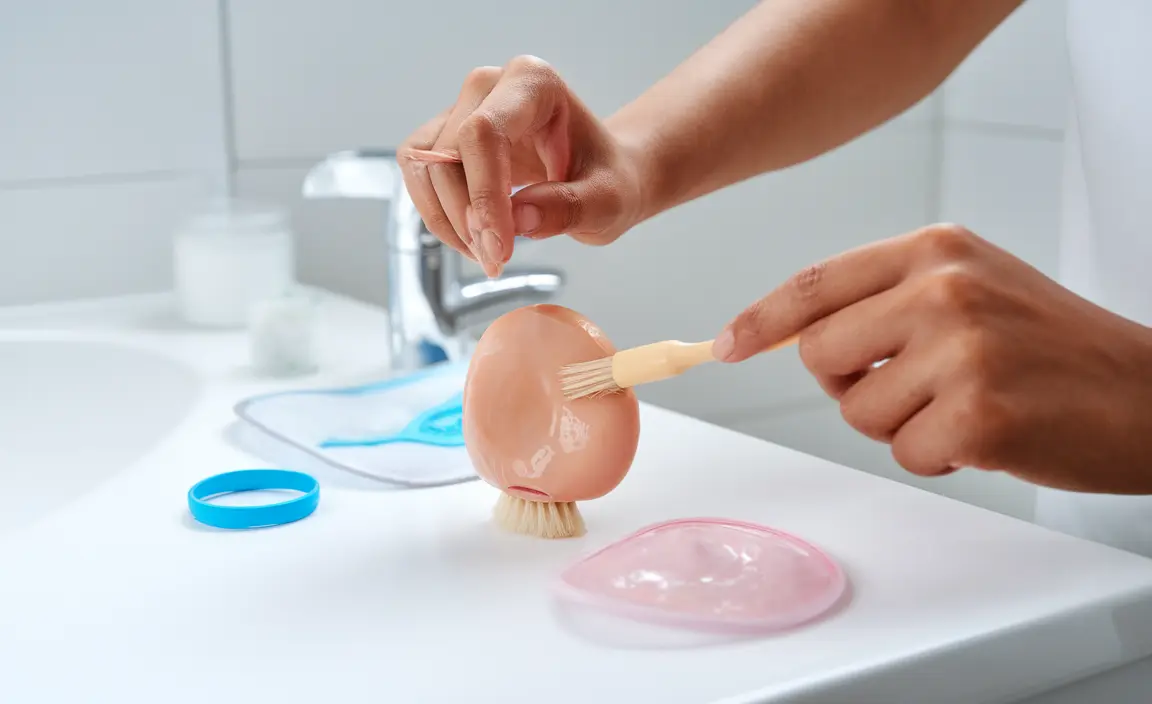A colostomy is a surgical procedure that creates an opening (stoma) in the abdomen, allowing waste to exit the body when normal bowel function is compromised. This life-saving procedure helps thousands of people maintain their quality of life while managing various digestive system conditions. Understanding what a colostomy involves and how to manage it effectively is crucial for both patients and caregivers.
Whether temporary or permanent, living with a colostomy requires adaptation and proper care. This comprehensive guide will explore the essentials of colostomy care, lifestyle adjustments, and important considerations for maintaining optimal health and well-being.
Understanding Colostomy Surgery and Its Purpose
A colostomy becomes necessary when part of the colon (large intestine) needs to be bypassed or removed due to disease or injury. During the procedure, surgeons create an opening in the abdomen and redirect a portion of the colon to this opening, allowing waste to collect in an external pouch.
Common conditions that may require colostomy surgery include:
- Colorectal cancer
- Inflammatory bowel disease
- Diverticulitis complications
- Bowel obstruction
- Severe trauma to the digestive system
- Birth defects affecting bowel function
Managing Your Colostomy at Home
Stoma Care Basics
Proper stoma care is essential for preventing complications and maintaining skin health. The stoma should appear moist, pink to red in color, and slightly raised above the skin surface. Daily cleaning with warm water and mild soap, followed by gentle patting dry, helps maintain hygiene.
Pouch Management
Colostomy pouches need regular changing to prevent leakage and skin irritation. The frequency depends on individual needs, but typically ranges from daily to every few days. Learning proper techniques for applying and removing the pouch barrier is crucial for preventing skin complications.
Lifestyle Considerations with a Colostomy
Diet and Nutrition
While most people with a colostomy can eventually return to their normal diet, certain modifications may help manage output and prevent complications:
- Chew food thoroughly
- Stay well-hydrated
- Introduce new foods gradually
- Monitor foods that may cause excess gas
- Maintain a balanced diet rich in fiber
Physical Activity and Exercise
Having a colostomy doesn't mean limiting physical activity. Most people can return to their regular exercise routine, including swimming, after proper healing. However, avoiding heavy lifting immediately after surgery and protecting the stoma during contact sports is important.
Potential Complications and Prevention
While colostomy surgery is generally safe, being aware of potential complications helps in early detection and management:
- Skin irritation around the stoma
- Blockage or obstruction
- Hernia development
- Infection
- Pouch leakage
Frequently Asked Questions
What is a colostomy and why might someone need this surgery?
A colostomy is a surgical procedure that creates an opening in the abdomen to allow stool to exit the body when normal bowel function is compromised. It's typically needed for conditions like colorectal cancer, inflammatory bowel disease, or severe trauma to the digestive system.
How do I care for and manage a colostomy pouch and stoma at home?
Proper care involves regular cleaning of the stoma with warm water and mild soap, changing the pouch as needed (typically every 2-3 days), and monitoring the stoma for any changes in appearance. Maintaining good skin hygiene around the stoma is essential for preventing complications.
What are the common complications or risks associated with having a colostomy?
Common complications can include skin irritation around the stoma, blockage, hernias, and infection. Most complications can be prevented or managed through proper care, regular monitoring, and prompt medical attention when issues arise.
Can a colostomy be temporary, and how is it reversed if possible?
Yes, colostomies can be temporary or permanent, depending on the underlying condition. Temporary colostomies may be reversed through another surgery once the bowel has healed sufficiently, typically after several months. The decision for reversal depends on various medical factors and overall health status.
How does living with a colostomy affect diet, lifestyle, and daily activities?
Most people with a colostomy can return to their normal activities, including work, exercise, and social life. While some dietary modifications may be helpful, a balanced diet is generally possible. Simple adaptations in clothing and activity planning can help maintain an active lifestyle.




